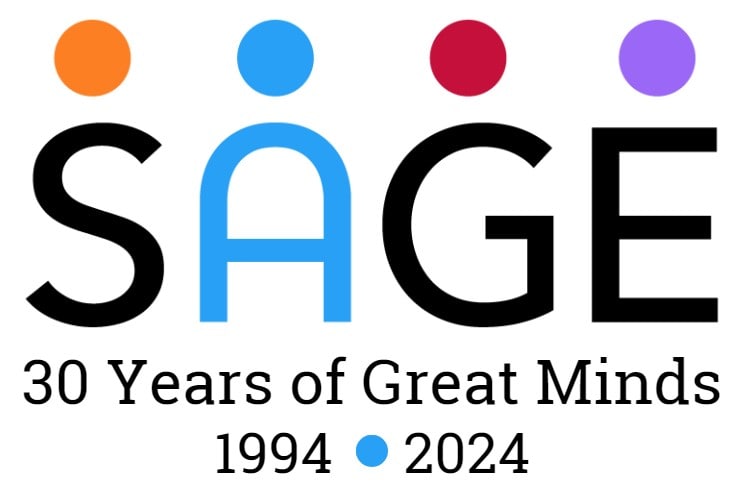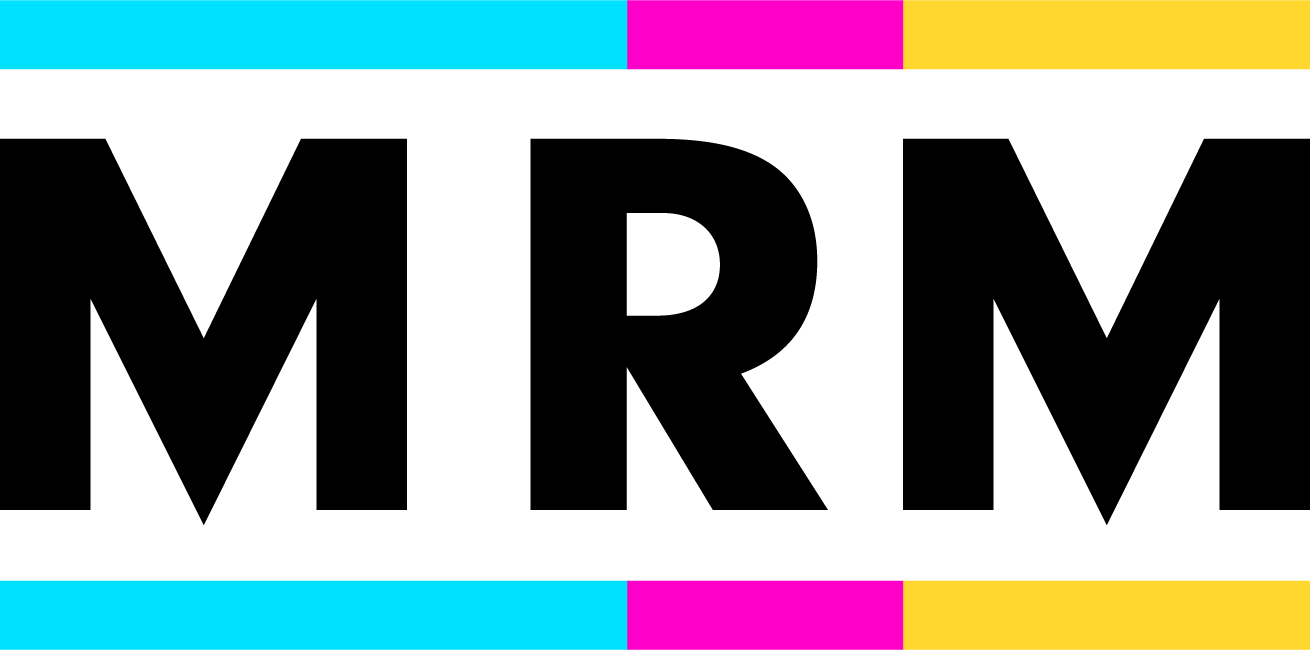This webinar has already occurred. Logged in users can view the webinar recording below.
Human Visual systems contain receptors that assist in regulating Circadian Rhythms. Modern Lighting and architectural design provides insufficient stimulus of these systems to properly reinforce these natural biological processes leading to a state of Social Jet-lag and interrupted sleep cycles. This Seminar explores the science of these systems and details how to integrate essential spectral content in artificial lighting that entrains and reinforces healthy Circadian Rhythms.
1. Understand the role of visual receptors that cue the Circadian Rhythm system
2. Learn the essential spectral content needed to stimulate the Circadian Rhythm system
3. Explore why current technologies are lacking in the needed spectra and how they expose people to elevated ocular stress.
4. Understand why color tuning addresses only part of the issue and exposes occupants to unneeded blue light hazard.
5. Discover lighting solutions that reinforce natural Circadian Rhythms through scientific process.
PRESENTED BY:
Robert Soler
VP of Human Biological Technologies and Research
Biological Innovation and Optimization Systems (BIOS)
Robert Soler is Vice President of Human Biological Technologies and Research at Biological Innovation and Optimization Systems (BIOS). Prior to his work with BIOS, his most prominent work was with the Kennedy Space Center, where he helped design and build the first LED light for use on the International Space Station (ISS) and collaborated with scientists to use LED light for photo biological purposes in space, including the circadian lighting system designed to synchronize circadian rhythms of astronauts aboard ISS. He holds a Master of Science degree from the Lighting Research Center at Rensselaer Polytechnic Institute and has begun a PhD in Behavioral Neuroscience at the University of California, San Diego.
HOW MUCH
FREE for SAGE members
$50 for non members


